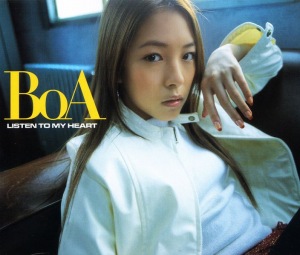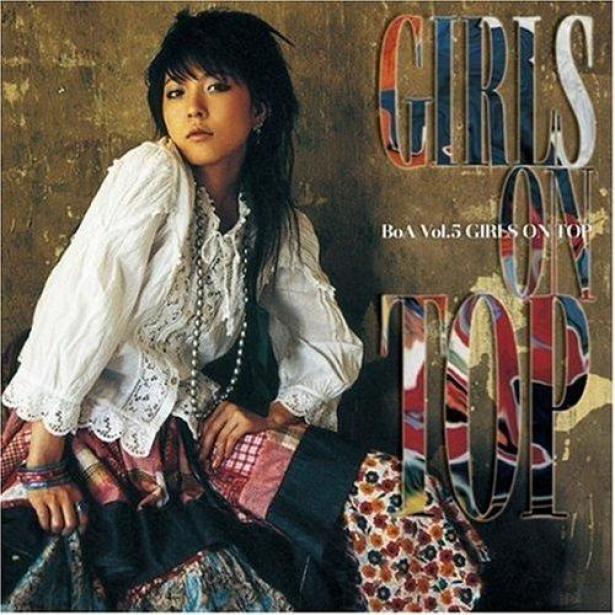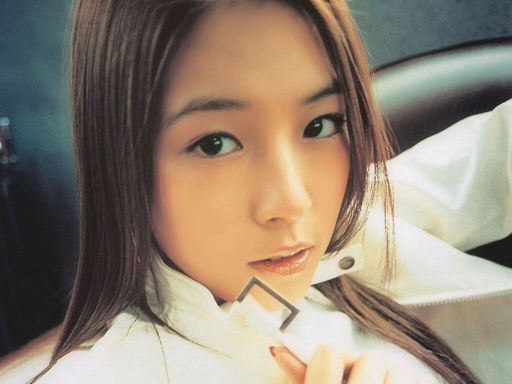


In January 2003, in the wake of a Korean boom in Japan triggered by the co-hosting of the 2002 FIFA World Cup between South Korea and Japan and a growing interest in Korean TV dramas, BoA released one of her biggest-selling albums to date, Valenti. According to Oricon magazine, BoA became the first solo artist in more than 20 years to score a number one debut single and debut album in Japan, a feat that was all the more remarkable for an artist from outside of Japan. Behind the music were some of the same songwriters who had penned hits for other idols in Japan, such as Hamasaki and Hitomi, both of whom are also on Avex. A single collaboration with Kumi Koda followed before BoA's debut album in Japan, Listen to My Heart, was released early the following year.īoA's early career was characterized by her busy dance moves and breathy, youthful vocals - more sumptuous than Hamasaki's, less dramatic than Utada's. During the summer of that year, BoA launched her career in Japan with "ID Peace B," the single that had already been a big hit in her homeland. The young singer's newly acquired language skills were soon put to the test when her label, Avex, launched BoA's career in the United States, getting Janet Jackson remixer Jonathan Peters and songwriter Peter Rafelson (whose credits include Madonna) on board for the English-language release of ID Peace B in 2001.

In Korea during 2000, the 14-year-old BoA released her debut album, ID Peace B, a mix of urban-sounding pop, slickly produced ballads, and upbeat dance tunes. With an eye on nurturing a future pan-Asian star, BoA was quickly enrolled in an international school where she could study Japanese and English. Entertainment, and while her older brother was overlooked, his 11-year-old sister was recruited. She made her official debut in 2000 with ID Peace B, issuing almost two dozen, often chart-topping albums across multiple territories.īorn Kwon Bo-ah on November 5, 1986, BoA's career owes as much to serendipity as talent - she followed her older brother to an audition at the offices of record label S.M. As a teen pop phenomenon who made her debut in 1999, she captured a wide audience with her blend of dance-pop, American-style R&B, and sweet ballads, which helped set her alongside J-pop's biggest stars like Ayumi Hamasaki and Hikaru Utada. Often recording multiple versions of her songs in Korean, Japanese, and English, BoA also won fans in China, Hong Kong, Taiwan, and Singapore. South Korean pop singer BoA rose to prominence in the 2000s with her dominance in both the K-pop and J-pop markets.


 0 kommentar(er)
0 kommentar(er)
